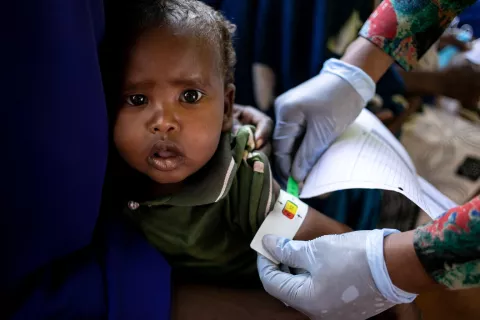Paid Parental Leave and Family-Friendly Policies
An evidence brief
About
Research has documented that children’s experiences and exposures during their early years play a critical role in shaping their chances for long-term health and well-being. While parents need time, access to resources and support services to be able to provide nurturing care during early childhood and beyond, infancy is a particularly vulnerable period. Paid parental leave provides working parents with time off from work around the birth or adoption of a child with replacement of some or all of their usual earnings. Parental leave provides parents with time to care for and bond with their infant, establish routines for feeding and care, and attend to their medical care needs, while also providing mothers who have been through childbirth time to recover physically. This brief consists of a review of the evidence on the impact of breastfeeding and adequate nutrition, and the receipt of immunizations to infant health, as well as whether paid parental leave can raise the rates of each, thereby supporting healthy early childhood development. It also includes a review of global trends in the provision of paid parental leave and recommendations for governments and the private sector.


